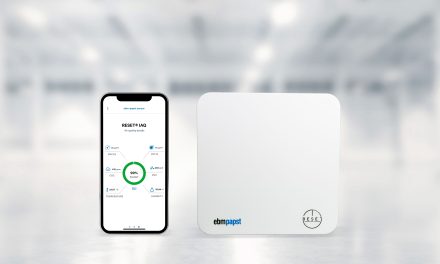 Gert Veelaert of Brady’s SPC division, explains how equipping your company with the right spill clean-up products will save both time and money – The subject of spills covers a wide range of scenarios and can cover anything from last year’s Deepwater Horizon oil spill in the Gulf of Mexico to a chronic drip from a workshop valve.
Gert Veelaert of Brady’s SPC division, explains how equipping your company with the right spill clean-up products will save both time and money – The subject of spills covers a wide range of scenarios and can cover anything from last year’s Deepwater Horizon oil spill in the Gulf of Mexico to a chronic drip from a workshop valve.
Brady’s SPC division has been involved in the clean-up of both scenarios, as Gert Veelaert, who heads-up SPC in Europe, explained, “I think once you have the expertise, knowledge and products to deal with spill clean-up, the same principles apply whether you are dealing with millions of tonnes of oil in the sea or a spill on the production room floor. Having identified the spill, you then need the appropriate and most efficient method to clean it up.
 “Of course it is the spills with the big environmental impact that hit the headlines but businesses across all sectors are affected on a daily basis by smaller spills which impact not only on workers’ health but also production.”
“Of course it is the spills with the big environmental impact that hit the headlines but businesses across all sectors are affected on a daily basis by smaller spills which impact not only on workers’ health but also production.”
In the UK alone slips and falls cost industry £512m each year in lost production and other costs*. More than half of all reported injuries last year (2010) were due to slips, trips and falls, and it is a statistic that Veelaert finds surprising and frustrating in this day and age. He commented, “I find it astonishing that so many businesses which are otherwise very efficient and modern are still using old fashioned and inefficient methods of spill clean-up.”
MBPP
“There is a material available (meltblown polypropylene sorbents) that in terms of absorption, efficiency and cost, beats traditional granular (i.e. sawdust, clay granules and others) clean-up methods by up to a factor of 20 and yet you still see stockpiles of granular materials across industry – in fact 75% of industrial companies are still stuck with this mindset.”
Meltblown polypropylene (MBPP) is a commercially produced material that is able to not only quickly absorb many times its weight but is also much safer for both workers and machinery as unlike granular products, there is no risk from either inhalation or of particles entering and damaging machinery. Veelaert continued, “We are not the only producer of this material in the world, but in terms of our wide ranging experience, our knowledge, advice and range of products is hard to beat and that’s important. If you’re dealing with a chemical spill for example, you need to be 110% sure that what you use to clean it up will not react with it. The clean-up must be fast, efficient and practical. You also need to factor in disposal costs which are not inconsiderable.
 Summary
Summary
In the current economic climate, all organisations are looking for ways to become more efficient and make processes more cost effective. And, the issue of spill management is no different, as Veelaert concluded, “Spill management can really be a hidden cost to a business, and in these tough economic times failing to find the most cost efficient solution for maintenance and FM can make a real difference to profitability, and an unplanned fine can be truly debilitating. There’s no need to make spills dramatic, it’s just necessary to choose the most effective method of dealing with them.”






